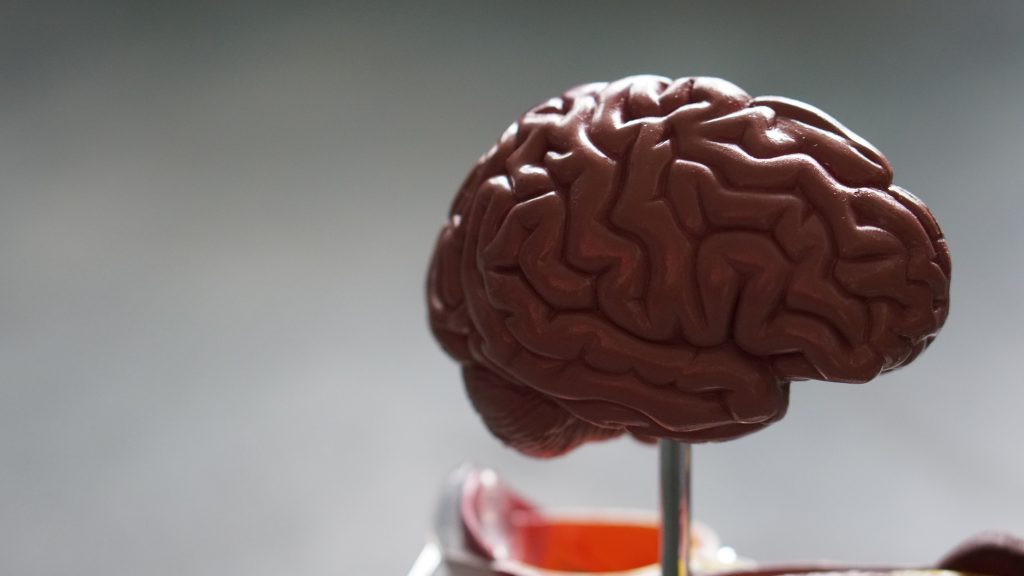A Concussion is still a Brain Injury: Learn the Facts

There is a silent epidemic happening in Canada that many people are unaware of. Brain injuries, specifically concussions, are increasingly common, and often go undiagnosed. The effects of concussions can be extremely traumatic, both physically and mentally, so why aren’t they commonly spoken about in public forum?
Since the majority of the general public does not adequately understand the symptoms and the frequency of concussion incidences, many people are unaware that they could be suffering from one. Furthermore, if injured individuals do not seek treatment immediately following a concussion, they can delay the recovery process and experience adverse effects.
So what Exactly is a Concussion?
Concussions aren’t the same thing as a brain injury, right? Wrong.
This common misconception leads people to believe that seeking treatment for a concussion is not vital. Nothing, however, could be further from the truth.
A concussion occurs when the brain experiences a traumatic injury that impacts the way that it functions. A sudden blow to the skull is often what causes this type of injury. But you may wonder, “How exactly does a sharp blow to the head cause a concussion, while a minor bump may not?”
It’s simple, really. The brain is an organ of gelatin-like consistency that floats in cerebral spinal fluid within the skull. This fluid can absorb shock from minor impacts. However, it cannot withstand the effects of blunt trauma. In the case of a concussion, the brain moves back and forth inside the skull.
Furthermore, concussions can also occur if the head and upper body are intensely shaken. While concussions are common, they all injure the brain to varying degrees. Fortunately, most concussive brain injuries are not severe, and sufferers often recover completely.
The symptoms of a concussion can include any of the following:
- Headaches
- Concentration and memory issues
- Amnesia
- Confusion
- Loss of consciousness
- Issues with balance
- Dizziness
- Double or fuzzy vision
- Heightened sensitivity to light or noise
- Nausea
- Sluggishness
- Irritability
- Delayed reaction time
Concussions and the Sports World
Unfortunately, high-intensity sports and concussions go hand and hand.
For women, soccer is the most common sport for concussion incidences at a 50% risk for occurrence. On the other hand, football sees the highest amounts of concussions in male athletes, at 75% risk of injury. 78% of sports-related concussions occur during games, when competition is fierce. Wearing protective gear that can absorb shock, and avoiding contact between the head and other objects are two of the main ways that athletes can reduce their risk of concussions.
However, once a concussion has been sustained, the chances of experiencing another one multiply. Therefore, a major factor that causes sports-related concussions is a history of prior occurrences.
Here are the reoccurrence statistics:
- If an athlete has had one prior concussion, they’re 1-2 times more likely to experience another.
- If an athlete has had two concussions, they’re 2-4 times more likely to experience a third.
- If an athlete has had three concussions, they’re 3-9 times more likely to experience a fourth.
Playing competitive and professional sports can put athletes at serious risk for long-term concussive issues. It is vital that athletes who have sustained a concussive brain injury take the time off from their sport to fully recover. If an athlete refuses to adhere to the treatment regimen for their injury, they put themselves at risk for additional neurological damage.
Prevention
You can lower your risk of sustaining a concussive brain injury through implementing the prevention practices that follow:
- Wearing protective equipment when playing sports or participating in recreational activities.
- Wearing a seat belt.
- Keeping your home well lit and de-cluttering any stairwells or walkways.
- Installing stairway gates and window guards to protect children.
Due to high incidence rates and lack of knowledge surrounding concussions, this June is brain injury awareness month. During this month, provincial and grassroots organizations will be working to strengthen the public understanding of the effects concussions have on the lives of Canadians.
If you are suffering from symptoms of a concussion that was caused by the negligence of another party, you may be eligible to receive compensation for the injuries you have sustained. Contact us at Harris Law and learn more about your options for seeking retribution for your traumatic brain injury.










